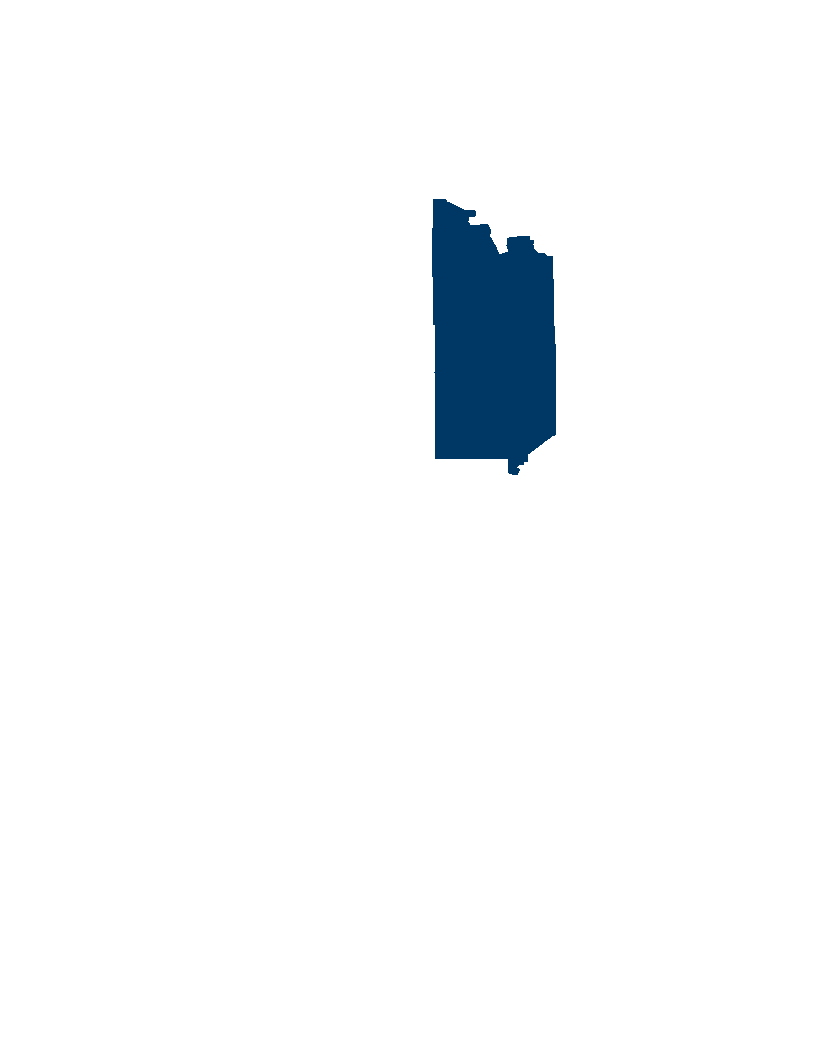Community Arts Learning Grant
Community Arts Learning Grant
Making Digital Stories. Participants learn to author augmented reality stories for mobile devices.
Adam Guggemos: graphic designer, art events promoter; Michelle Ronning: jewelry designer and maker; Tara Makinen: Executive Director of Itasca Orchestra and Strings, musician; Moira Villiard: visual artist, Cultural Programming Coordinator at American Indian Community Housing Organization; Jeanne Doty: Retired Associate Professor UMD Music, pianist; Amber Burns: choreographer, dancer, actor, middle school art teacher; Margaret Holmes: visual artist, poet, and former Children's Theatre employee; Tammy Mattonen: visual artists, co-founder of Crescendo Youth Orchestra; Kayla Schubert: Native American craft artist, writer, employee at MacRostie Art Center.
Moira Villiard: visual artist and Cultural Program Coordinator at American Indian Community Housing Organization; Amber Burns: choreographer, dancer, actor, middle school art teacher; Kayla Schubert: Native American craft artist, writer, employee at MacRostie Art Center; Adam Guggemos: graphic designer, art events promoter; Kathy Neff: musician, Director, Fine Arts Academy at the University of Minnesota-Duluth; Richard Hansen: Executive Director, Duluth Superior Film Festival; David Dobbs: visual artist, Education Coordinator at MacRostie Art Center; Christine Marcotte: writer and community historian, retired socialworker.
ACHF Arts Access ACHF Arts Education ACHF Cultural Heritage
The goal of the Making Digital Stories Project is to inspire and train adults and young adults to create and share digital stories in the exciting and unexplored medium of digital storytelling with augmented reality. The project will offer two different courses consisting of two 7-hour sessions each. Each course will aim at drawing 10-15 participants aged sixteen and up, from beginner to experienced writers or artists with zero to advanced tech skills. Each course participant will create multiple prototype stories and a final story with augmented reality, post it publicly in the Aris app for Apple's mobile iOS, and present it at a final public event that draws 30 - 40 visitors. Course development work will be evaluated by the completion of step-by-step tutorials and demo stories for each class session. A brief written evaluation form will be collected from participants at the end of each session to gauge effectiveness of written materials and face-to-face training and support and to gain details on needs. The course will be adjusted for continuous improvement. Completion and sharing of a digital story with AR by each participant based on their skills and interests will measure course success. The project leader will help participants take on a manageable story project. The final event's effectiveness will be measured by participation numbers and written feedback.
Print and digital learning materials and demonstration mobile stories were developed by the grantee to support creation of digital/mobile stories by the project's participants and future mobile story authors. The grantee developed a new website, mobile-stories.org, that offers downloads of these instructional materials and links to resources for future mobile story authors. As a result of the grant-funded workshops, mobile stories were created by the eight course participants. Some are shared publicly on the website and in the Aris app. Through the grantee's participation at multiple events hosted by arts organizations in Spring 2018, including Lake Superior Writers and the Duluth Film Collective, approximately 60 local writers and filmmakers were introduced to mobile storytelling and viewed demonstrations of mobile stories with augmented reality. At the final event an additional 30 people gained information about mobile storytelling and viewed mobile stories by project participants.
Other,local or private
